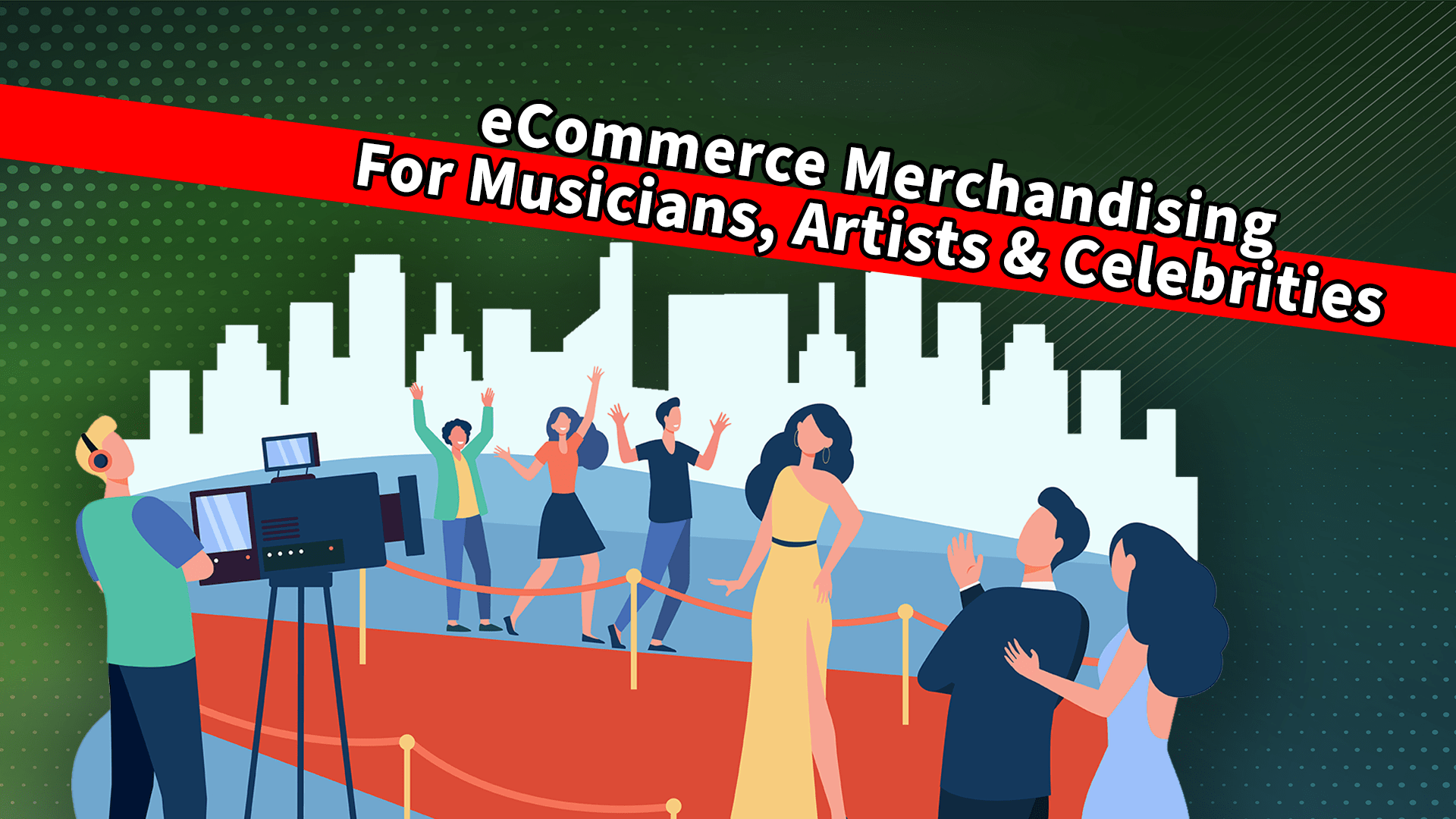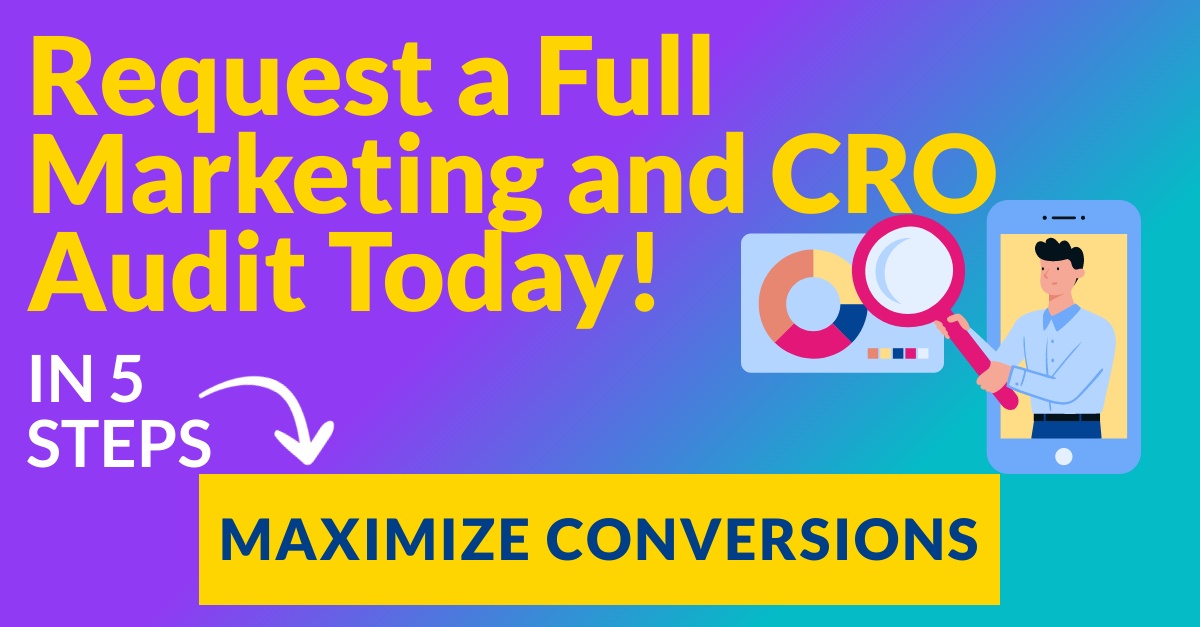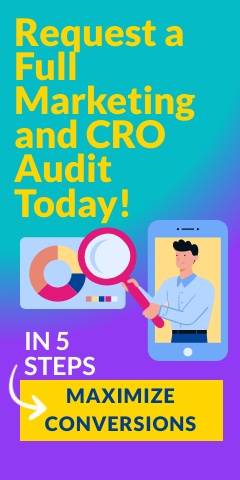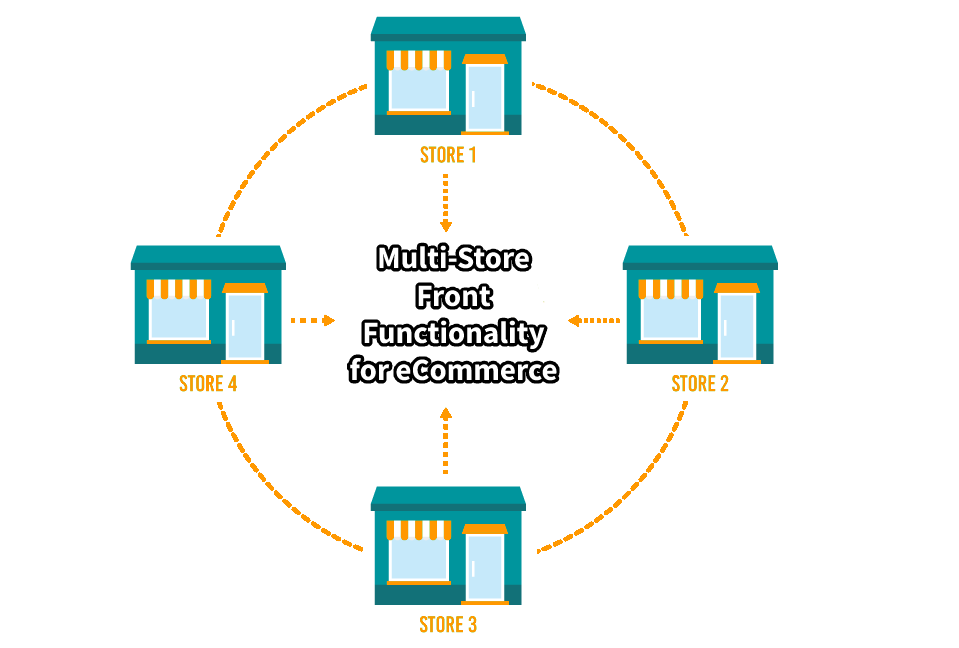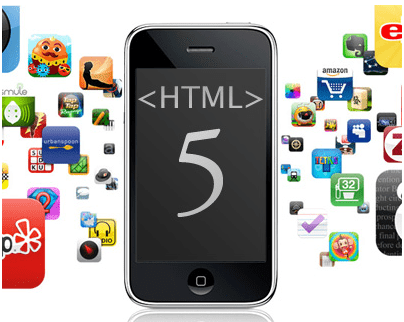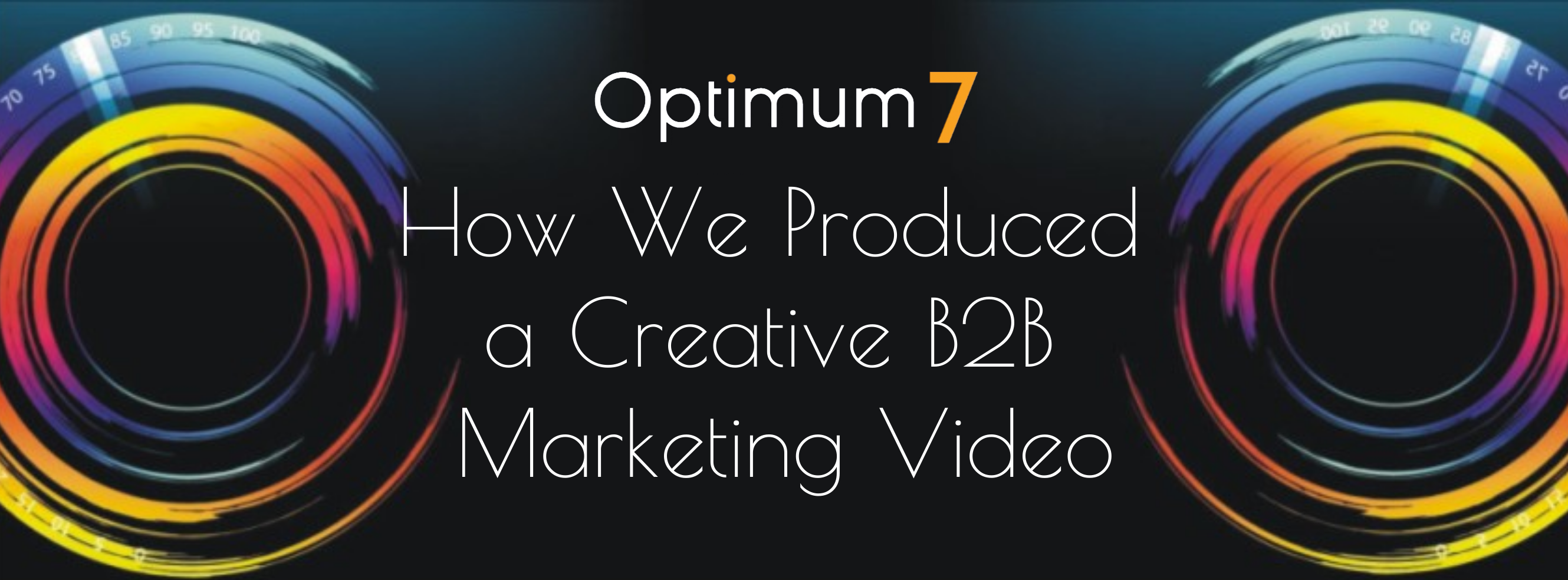For creative entrepreneurs, eCommerce merchandising is tough. You must control the process from manufacturing the quality of the merchandise, along with your brand. Then you can find your key customer.
Branding For Pop Culture Celebrities
You could be a band, individual musician, artist, or video content creator. You have to have the technology, the platform side, and all the marketing elements. Before, celebrities could market Instagram accounts or through their TikTok accounts.
Competition has drastically increased. Creators need a strategy.
How does this strategy work for someone generating serious revenue from their merchandising efforts?
Quality and brand are interconnected. As a creator, you are the brand. Suppose you are selling merchandise online or in concerts. Ensure that the products match brand quality.
Different celebrities have already established a brand presence for themselves. When it comes to the style that they portray on stage or online, the merchandise they sell needs to match that quality.
Technology is critical at this point. If you’re manufacturing, you need to ensure that you have complete quality control and have everything integrated from an inventory management system. When those pieces come in, it automatically populates the store, and your inventory management is in sync. After doing so, you can start marketing these products across your social media channels and so on.
How The COVID-19 Pandemic Has Changed eCommerce Merchandising
Thanks to the pandemic, there are no more concerts or ticket sales. Bands and solo musicians need to rely on merchandise not being sold at shows. eCommerce plays a considerable role for these musicians.
The music industry can navigate the disruption. Before, executives could get the revenue from CD sales, vinyl albums, or concert tickets. Now you have so many different options. You have to maintain merchandise, Spotify, and other music platforms.
People put too much emphasis on brands. Some artists switched their product offering every four months, every six months. They need to go through new designs because it’s their brand.
Streamline your selection. Consider apparel as one type of product line. If you’re wearing a branded backpack, you can wear it in a brand push.
A musician or artist may have as many as fifty million followers. They don’t or can’t directly advertise their apparel because it is too straightforward, so there are different challenges.
Talk about the marketing side of artist branding.
Many executions miss different essential elements. They leave millions of dollars on the table because they’re not doing the merchandising properly. Alternatively, they’re not doing the manufacturing, marketing, and nurture properly.
The current world has changed, thanks to the pandemic. No one is generating revenue from concert sales. Before, musicians had the opportunity to get creative in terms of their merchandising. Now they need to be resourceful.
Rather than having a website that housed all of their merchandise, from existing product offerings to past ones, they would organize exclusive drops, promoting a product line that hasn’t come out. Maybe it’s to back an up-and-coming album that they’re about to release, and that product line is designed and tailored to that specific album.
Every other piece that they used to sell is removed from that site, and you’re unable to purchase that. That exclusivity creates a buzz that marketers would initiate to generate traction and sales eventually.
Many artists, however, don’t have that luxury of just saying, “I will make X amount per product launch.” They have bills to pay and sometimes families to support. Why would they limit themselves? When plenty of individuals would love to go back and purchase previous merchandise from previous concerts or previous launches?
As a result, the strategy has shifted. Managers think, “Find areas to maximize profits rather than maximize our exclusivity and our brand persona.” Musicians realize they can’t be exclusive.
Generating Revenue Without Limited Editions
They want to generate as much revenue as possible and become exclusive later, with timed launches that will sell out.
Musicians, artists, even fashion designers are not leveraging these events like the Grammy’s or Latin Grammy’s. Millions of viewers, journalists, and influencers watch what you’re wearing. Maybe you’re wearing your brand.
Optimum7 has done a few executions with fashion designers where the team timed the Facebook, TikTok, and Google Ads to the event. The campaign, as a result, generated millions of dollars.
Why do you think musicians and artists are not taking advantage of their events to push merchandise?
Their managers intervene in their best interest. Artists are going to want to be unique, wanting to stand out. They don’t always have the business mindset. While you as an artist can continue to be yourself and be unique, that team behind you will think of strategic ways to monetize moving forward.
Consider if you have a red carpet event. If you don’t want to wear an entire outfit from your product line, one or two pieces or accessories may do the trick. Artists need to get into that mindset. Viewers will search on Facebook and Google for the tiny additions.
If Kim Kardashian wears a dress, her fans ask, “What was Kim wearing?” What was this artist wearing? Or, what’s the name of that bracelet set? They’re not taking advantage of the prominence.
Talk about apparel brands related to that line of thought.
Twenty years ago, the norm was that an apparel brand partnered with a celebrity. Calvin Klein, for example, would pay the celebrity endorsement money and then use their name in photoshoots and advertising.
In the past five years, many celebrities launched tequila, apparel, and lingerie brands. They have shifted from “I’ll partner with you if you give me a few million dollars” to “I want to create my brand, own it a hundred percent. I’ll front the money and earn more revenue in the long term from the merchandise. It will carry my passion and name in the market.”
Why is that so important in today’s marketplace?
You are now investing in yourself for long-term success. Rather than making a quick buck here and there, which you probably did earlier on in your career, you create a foundation of investments. Leverage your brand — you and your name. Apply that brand to the business model you want to start and execute.
Marketing In The Entertainment Industry
Many celebrities have tried and failed, and others have been highly successful. Who are they?
George Clooney, with Casamigos, Ryan Reynolds with Aviation Gin are two good examples. Others failed because they went into the wrong business. Their established personality or brand did not match.
The success stories got into their endorsement deals with genuine passion. As a celebrity, know your personality and branding. That tailors and alters what type of business, industry, or niche works for you.
How about new celebrities?
Celebrities include musicians, TikTok performers, and YouTube creators who have millions and millions of followers. They or their managers say, “I have 50 million followers but cannot advertise my product because it’s going to be too straightforward, and people are going to unfollow me.”
Most of these individuals don’t know the strategies for self-marketing. Show your apparel or brand without being too specific in your shares or stories.
What would be your top advice to them in terms of implementing these self-marketing strategies?
Many times there’s no strategy behind celebrity social media posts. Each one needs to have purpose and focus. Organize a content calendar. The calendar will not only show you what to post when but also each post’s intent.
If you are a celebrity, artist, musician, or manager, there is massive potential for you in merchandising your eCommerce products in a self-marketing strategy. Talk to Optimum7 to find out more.
